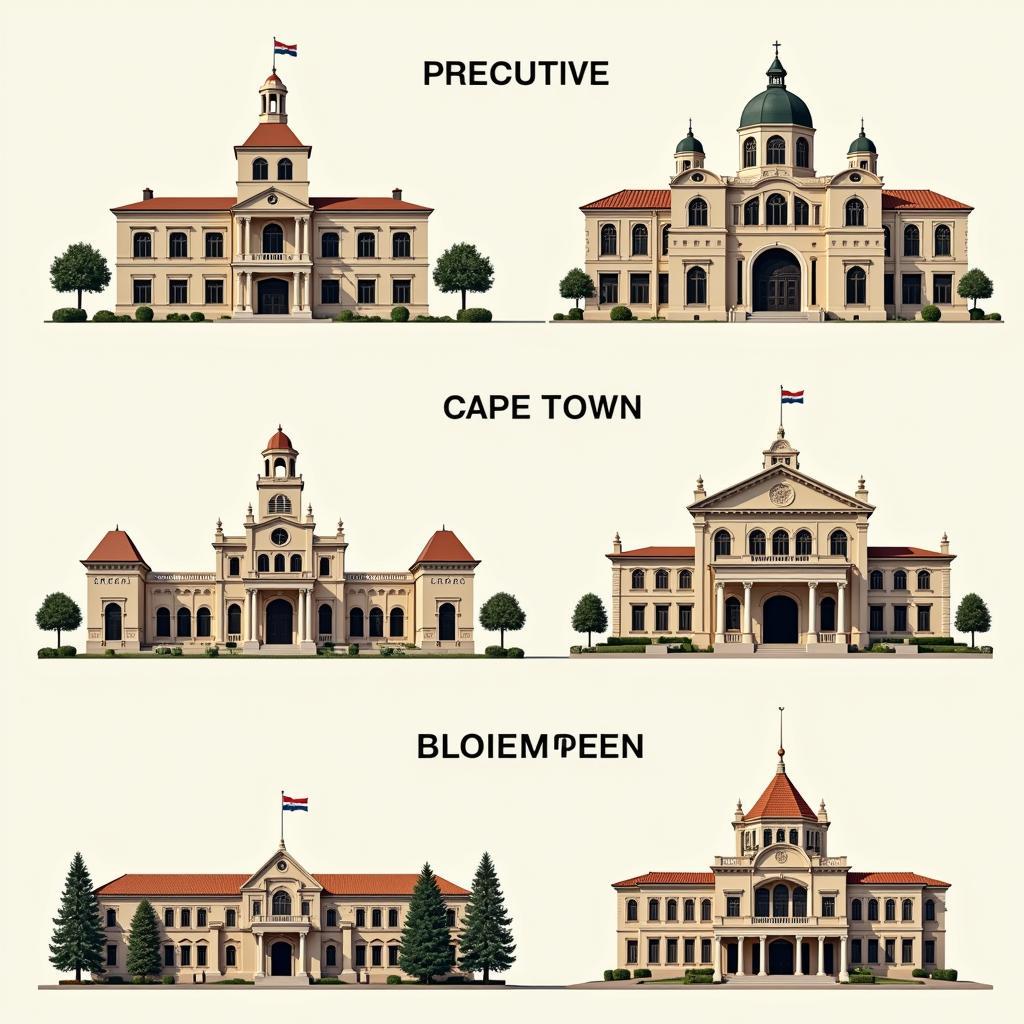Traditional African Clothing: A Vibrant Tapestry of Culture and Heritage
From the flowing robes of the Sahara to the intricate beadwork of the Maasai, Traditional African Clothing is a vibrant expression of the continent’s rich culture and heritage. Far more than mere garments, these textiles embody history, spirituality, and social significance, telling stories that have been woven through generations.
A Kaleidoscope of Styles and Influences
The vastness of Africa is reflected in the incredible diversity of its traditional clothing. Each region, indeed each ethnic group, boasts unique styles, fabrics, and adornments. Climate plays a crucial role, with loose-fitting garments favored in the arid north and more elaborate ensembles gracing the humid south.
Beyond Functionality: Symbolism and Significance
Traditional African clothing transcends its practical purpose. Intricate patterns often hold symbolic meanings, representing clan lineages, social status, or even spiritual beliefs. Colors carry immense weight, with shades like red signifying power and vitality in many cultures.
For example, the African clothing golden shirts worn by some groups are not just aesthetically striking but often denote wealth and prosperity. Similarly, beadwork, a common embellishment, often conveys messages about age, marital status, and social standing.
Materials and Techniques: A Legacy of Craftsmanship
The creation of traditional African clothing is a testament to the continent’s artistic legacy. Natural materials, sustainably sourced, are favored, with cotton, leather, bark cloth, and animal skins forming the basis of many garments.
Dyes, often derived from plants and minerals, create the vibrant hues synonymous with African textiles. Indigo, for instance, produces the deep blues favored in many West African societies. The techniques used to create these textiles are just as impressive, with weaving, dyeing, and embroidery passed down through generations, ensuring the survival of these invaluable skills.
Traditional African Clothing in the Modern World
While Western fashion has inevitably influenced contemporary styles across Africa, there’s been a resurgence of interest in preserving and celebrating traditional clothing. From everyday wear to special occasions, people are rediscovering the beauty and cultural significance of their heritage.
This renewed appreciation is also evident in the global fashion scene, with designers drawing inspiration from African aesthetics and collaborating with local artisans to showcase these unique styles on international platforms.
FAQs About Traditional African Clothing
What are some of the most iconic traditional African garments?
The Kente cloth from Ghana, the Bògòlanfini (mud cloth) from Mali, the Kanzu worn by men in East Africa, and the Dashiki are just a few examples of iconic traditional African garments.
Is it appropriate for non-Africans to wear traditional African clothing?
Respect and appreciation are key. It’s important to understand the cultural context and significance of the garments and avoid wearing them in a way that could be perceived as disrespectful or appropriative.
Where can I learn more about specific styles of traditional African clothing?
Museums, cultural centers, and online resources dedicated to African art and culture are excellent sources of information. You can also find a wealth of information on Omenka Mag – a website that celebrates African culture. They have interesting articles on diverse topics, from African family png images to insightful pieces on fashion and style.
Continuing the Legacy: Traditional African Clothing for Future Generations
Traditional African clothing is more than just fashion; it’s a living tapestry of history, artistry, and cultural identity. By understanding and appreciating these garments, we gain a deeper appreciation for the diversity and richness of African culture. As we move forward, it’s vital to support the artisans and communities who continue to keep these traditions alive, ensuring that this vibrant aspect of African heritage continues to thrive for generations to come.
Remember, for an African costume for boy, you can find resources and guides online. It is important to approach cultural garments with respect and understanding.
Need help finding the perfect xxxl african size or have questions about African girl in white dress? Contact us! We are here to assist you.
Contact Us:
Phone: +255768904061
Email: kaka.mag@gmail.com
Address: Mbarali DC Mawindi, Kangaga, Tanzania
We have a 24/7 customer support team ready to assist you!
